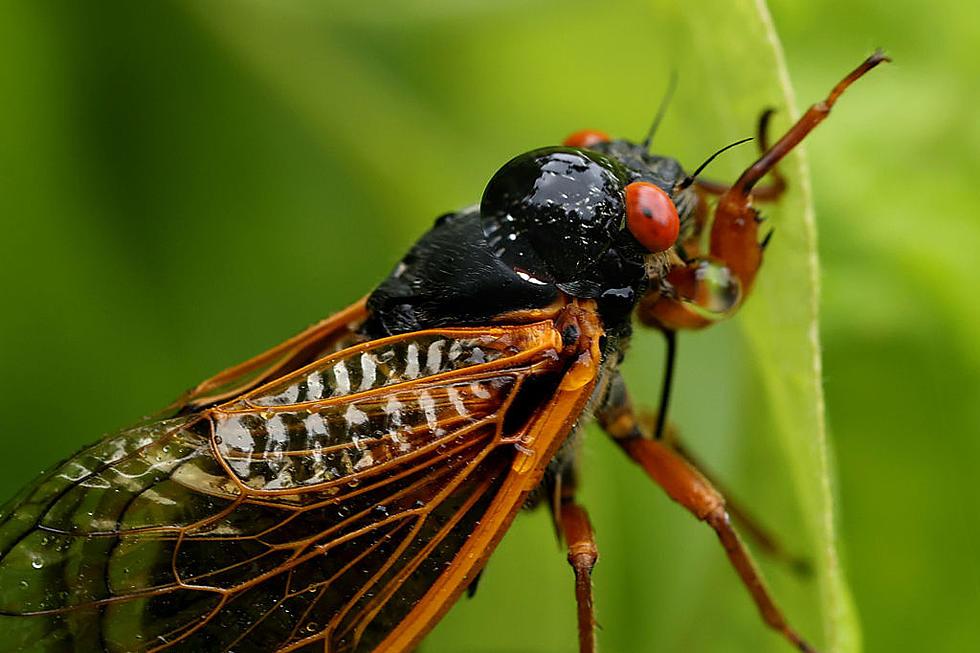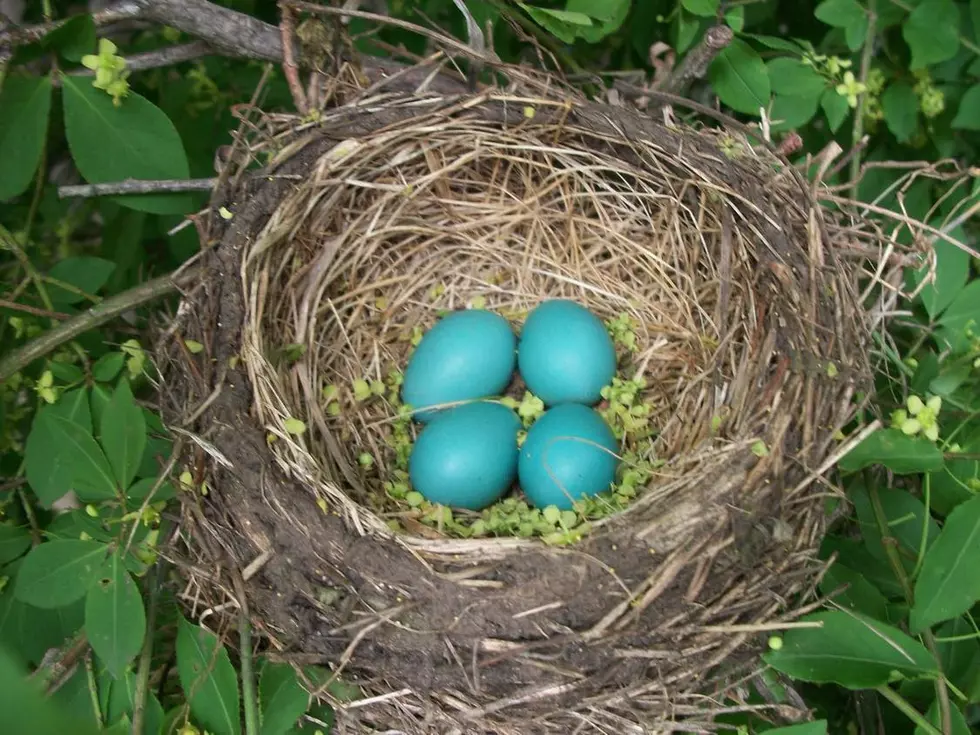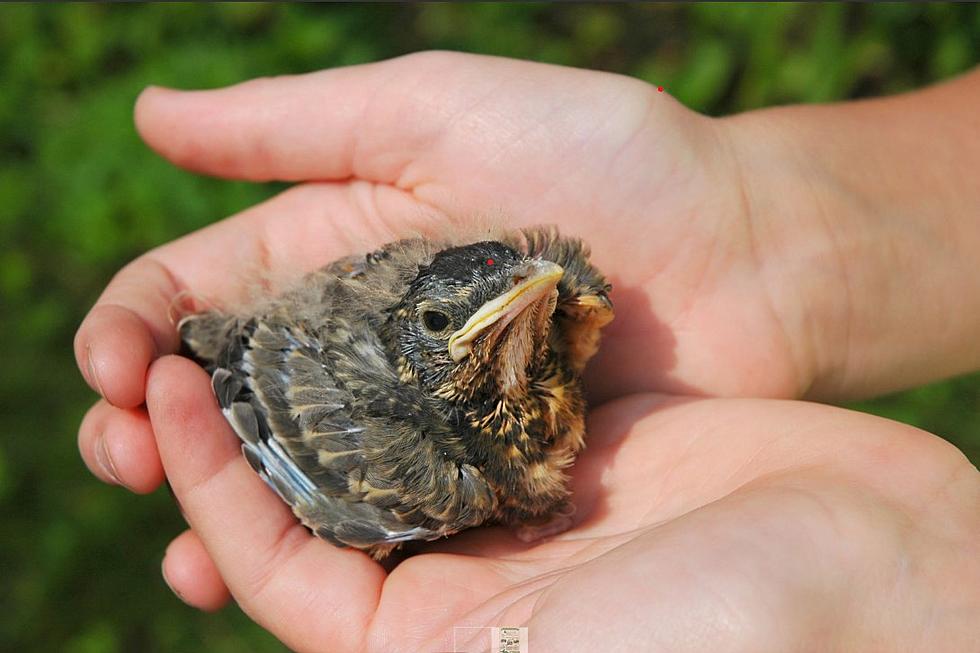
Will Massachusetts Experience America’s Historic Cicada Invasion This Spring?
They say an invasion by billions of creepy and noisy cicadas this spring will rival anything we've seen in over 200 years. Oh, joy!
CNN put it this way: "They will dig their way out from underground, red eyes shining, deafening song filling the air."
According to the network, what we are about to experience is a rare occurrence.
"Billions of cicadas are expected to surface this spring as two different broods - one that appears every 13 years, and another every 17 years - emerge simultaneously."
While there are annual cicadas, the periodical cicadas are the ones that live underground for years at a time. They emerge to mate and then die shortly afterward.
The life cycle of a periodical cicada is just a few weeks, but since they emerge on a staggered basis, the invasion could last about a month and a half and should begin in mid-May.
One thing to keep in mind is that the cicadas are harmless.
"Nine species of cicada have been documented from Massachusetts, including one periodical cicada species and eight annual cicada species," according to Mass Audubon. The periodical cicada in Massachusetts emerges on a 17-year cycle.
This spring's cicada invasion involves the Brood XIX, the Great Southern Brood, and the XII Brood or the Northern Illinois Brood.
Mass Audubon says, "There are 15 different broods in North America, two of which occur in New England."
According to the organization, the brood recorded in 1624 "may be the only one to occur in Massachusetts."
Massachusetts Cicadas offers lots of information about cicadas in the Bay State.
New England should escape the cicada invasion this year, but over a dozen states won't be so lucky.
Portions of Kentucky, Tennessee, Virginia, Maryland, North Carolina, South Carolina, Georgia, Alabama, Mississippi, Louisiana and Arkansas could see Brood XIX cicada.
Folks in Illinois, Wisconsin, Iowa, and Indiana can expect to see Brood XIX cicada.
Scientists say such a large invasion of cicadas is not likely to occur again until 2245.
LOOK: 20 of the biggest insects in the world
Gallery Credit: Andrea Vale
RANKED: Here are the most popular national parks
Gallery Credit: Hannah Lang
The 13 Most Underrated Horror Movies of the 21st Century
Gallery Credit: Emma Stefansky
More From WFHN-FM/FUN 107









